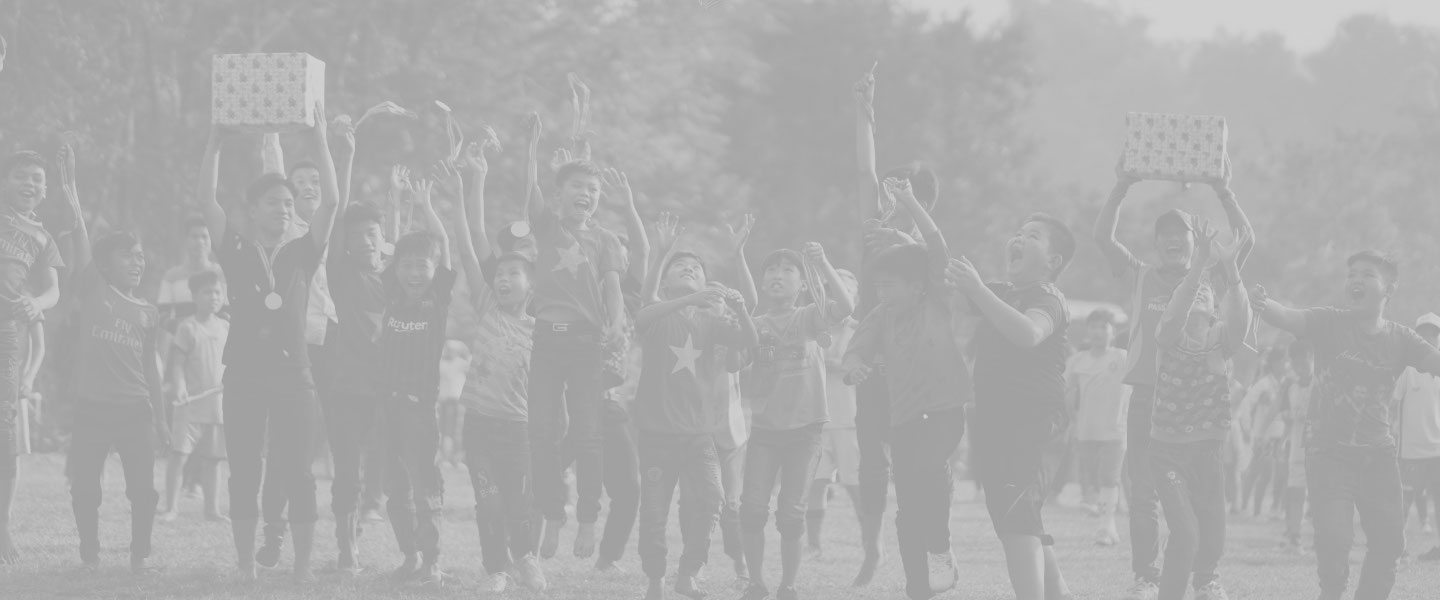Your basket is currently empty.
ChildFund Rugby partners to deliver Pass It Back, a set of integrated rugby and life skills learning products that enable children and young people in vulnerable communities to develop critical social and emotional skills, which ensure they are better equipped to overcome challenges, inspire positive social change, and ‘pass it back’ to their communities.
During each season of Pass It Back, change is evidenced, and learned from using a blend of qualitative and quantitative tools. This evidence showcases change for Coaches, players, parents/guardians, and the wider community.
- Understanding Gender enables players to identify gender inequalities in their daily lives and to take steps to address these in solidarity with others in their communities.
- Planning for the Future empowers players by facilitating goal-setting, basic financial literacy, enhancing decision-making skills, and exploring how gender inequalities in their communities can impact on decisions for the future.
- Being Healthy supports players to learn key knowledge about keeping themselves safe and healthy in relationships, and to think more deeply about responsible decision making, and how gender inequalities can impact decision making.
- Feeling Safe helps players recognise violence in their communities, teaches ways to prevent and seek support, and provides access to community support resources, while also considering how gender inequalities can impact violence. This module also forms the base for Get into Rugby PLUS in Oceania.
- Playing for Gender Equity enables players to overcome gender inequalities in their communities, build leadership skills, and develop positive decision making habits so that communities are more equitable, healthier, and happier for everyone.
- Recovery supports players to build peer networks, set goals and develop healthy habits in times of disaster recovery. Learn more here about how Pass It Back Türkiye are supporting children, youth and their communities to overcome the uncertainties and challenges brought on by the 2023 earthquakes.
Would you like to support Pass It Back? Contact us here to learn more about opportunities to make real change through rugby.

